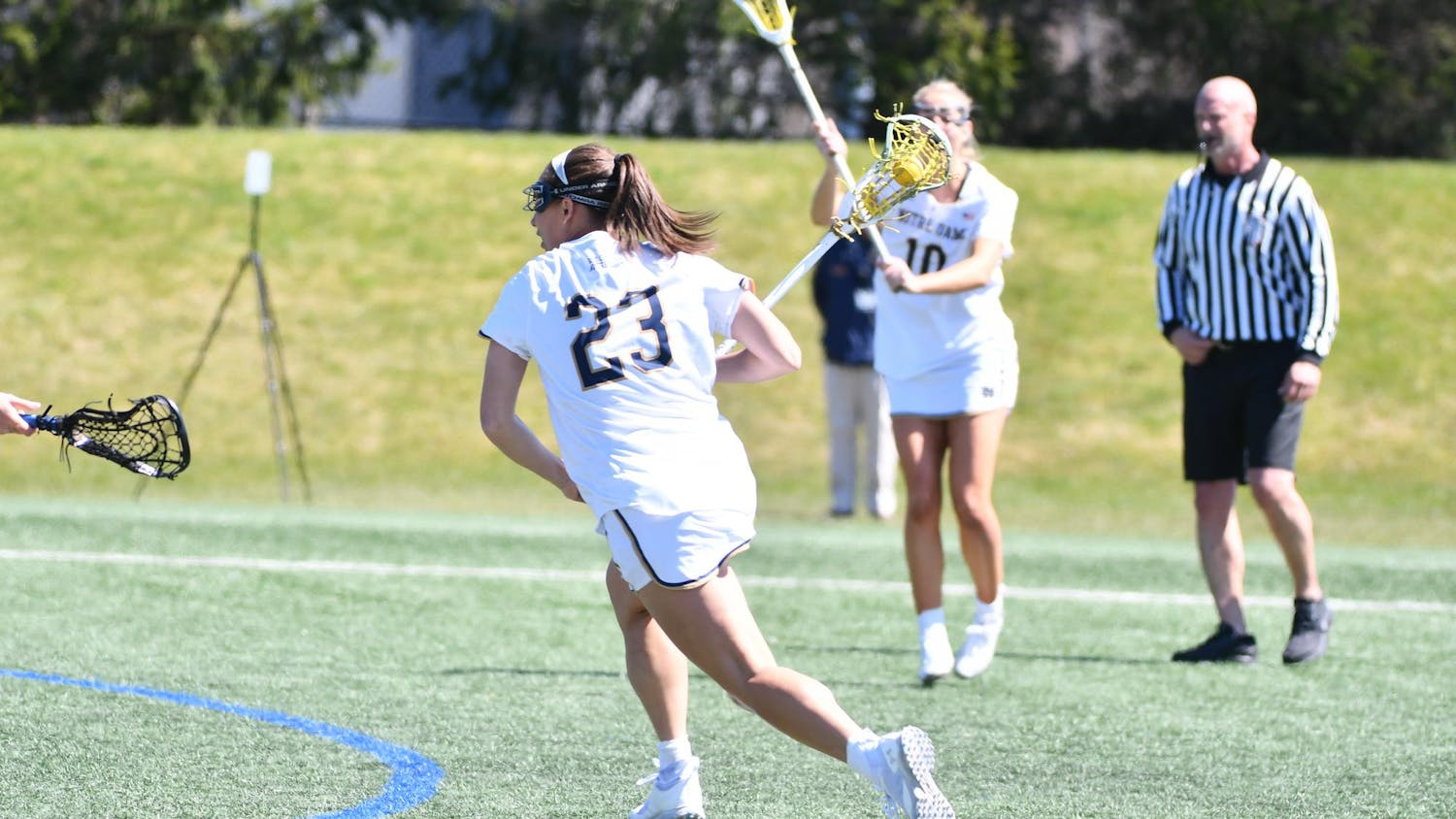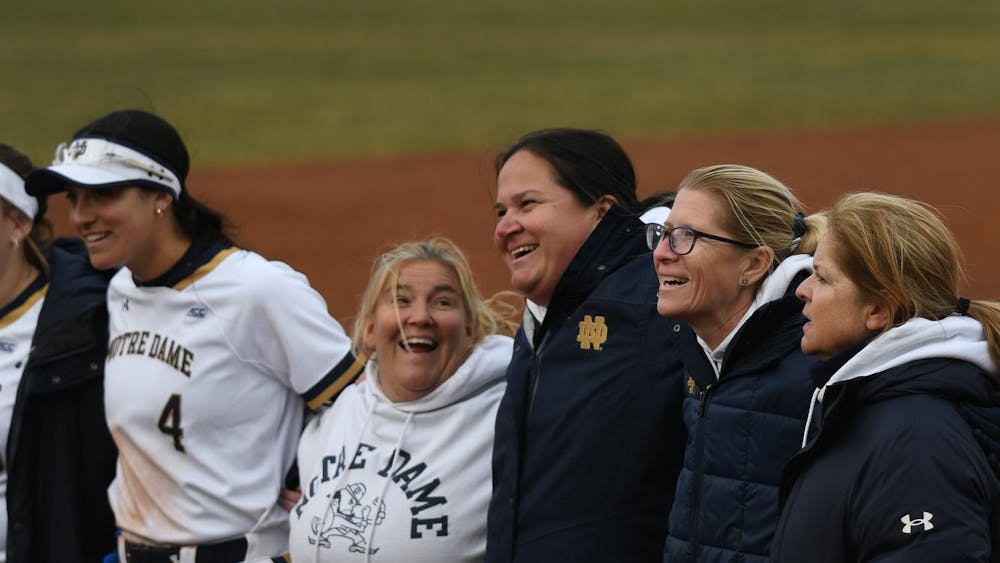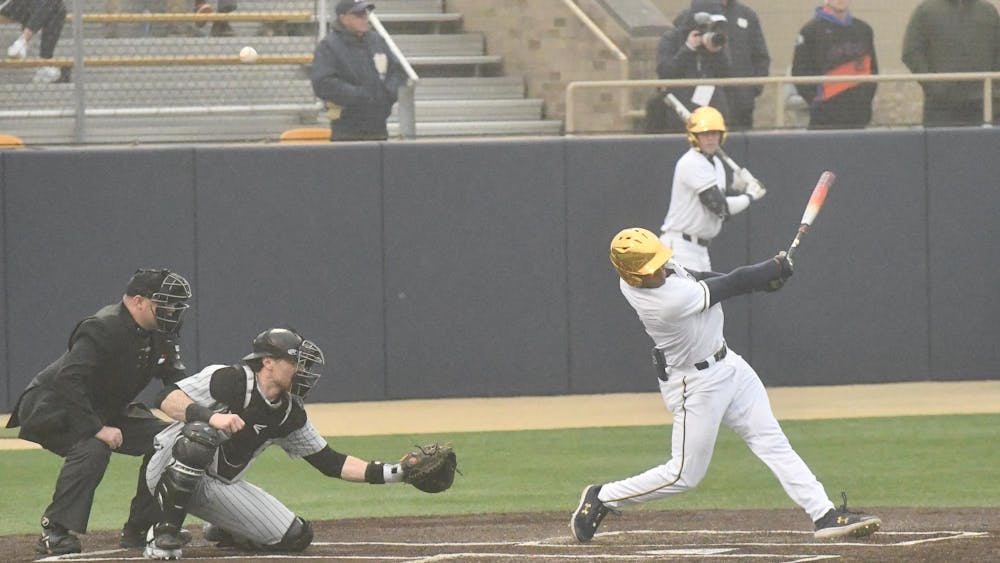In a Super Bowl filled with moments that could have done down in history in another game, one stood out.
Trick plays are by definition big risks.
Trying one on fourth down? That’s even braver.
Trying one just after seeing your opponents fail to convert a similar trick play? And during the Superbowl? That’s the kind of bold move that few would ever even think about attempting.
Yet when the time came, the “Philly Special” — Trey Burton’s pass to Nick Foles for a score to extend Philadelphia’s lead to 22-12 late in the second quarter — was the play call and without it we may have been looking at a sixth ring for Tom Brady.
The call was made by Foles himself, but the spirit of making such a bold call — as well as the idea to entrust your backup quarterback to call a trick play at such a pivotal moment — was something that reflected the Eagles as a whole this year.
Conventional football wisdom has always been conservative. Run the ball more, do all you can to avoid big plays and, most importantly, don’t even think about going for a fourth down unless there’s almost no choice.
Analysis using win probabilities has shown that coaches are hurting their teams significantly with their fourth-down strategy. A team going for every single fourth-and-one outside of the last couple of minutes of each half, when the clock and the score come into play to a much greater extent, should be better off than a team punting or kicking a field goal in those scenarios. Yet punts on fourth-and-one are still common. Similarly, in the stretch of field between the 30-yard line and the 45, going for it is a much better option than coaches would have you believe.
These coaches aren’t dumb, mind you. These days almost any coach probably knows that they could have a fourth-down probability chart on the sideline and start keeping the offense on the field at a level well above the league average. They typically don’t do it because they have another probability in their head: their odds of keeping their job. Multiple big calls that go right are rarely remembered the way one big call that goes wrong is.
But Doug Pederson has ignored the risks of heterodoxy gone wrong and played the percentages all the way to the top. The Eagles went for it 26 times, good for second in the league behind the Packers and made even more impressive when you remember that their 13-3 record meant they were rarely in desperate situations. That strategy changed the way the Eagles played on third down too, allowing opportunities for risky deep passing plays on third-and-short or shallow passes behind the line of scrimmage to set up something more manageable when there are more yards to gain.
All of this comes from a coach who followed Chip Kelly, who was heralded as a risk-taker at Oregon before his NFL offense became bland, predictable and free from what made him a special collegiate coach. It would have been easy for Pederson, a disciple of the conservative former Eagles coach Andy Reid, to be risk-averse too, but instead he’s never taken his foot off the pedal. Not just on fourth down, but in his play calling in every moment of the game.
The Eagles’ win is a special moment for the city of Philadelphia, which has been longing for a Super Bowl perhaps more than any other city, as encapsulated by Lucas Masin-Moyer's column yesterday. It’s a victory over perhaps the most hated team of the 21st century. It’s an underdog story led by a quarterback whose career appeared to be done. But it’s also a great victory for more adventurous coaches and one that may just encourage a few more of Pederson’s peers to learn from him.













